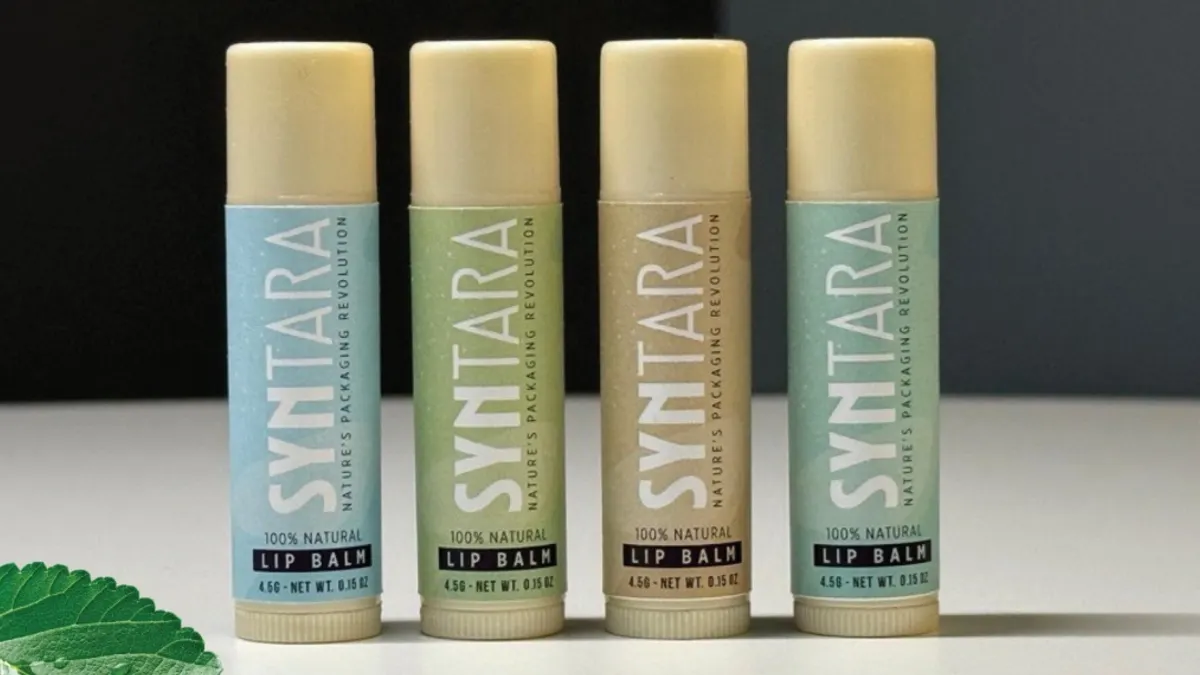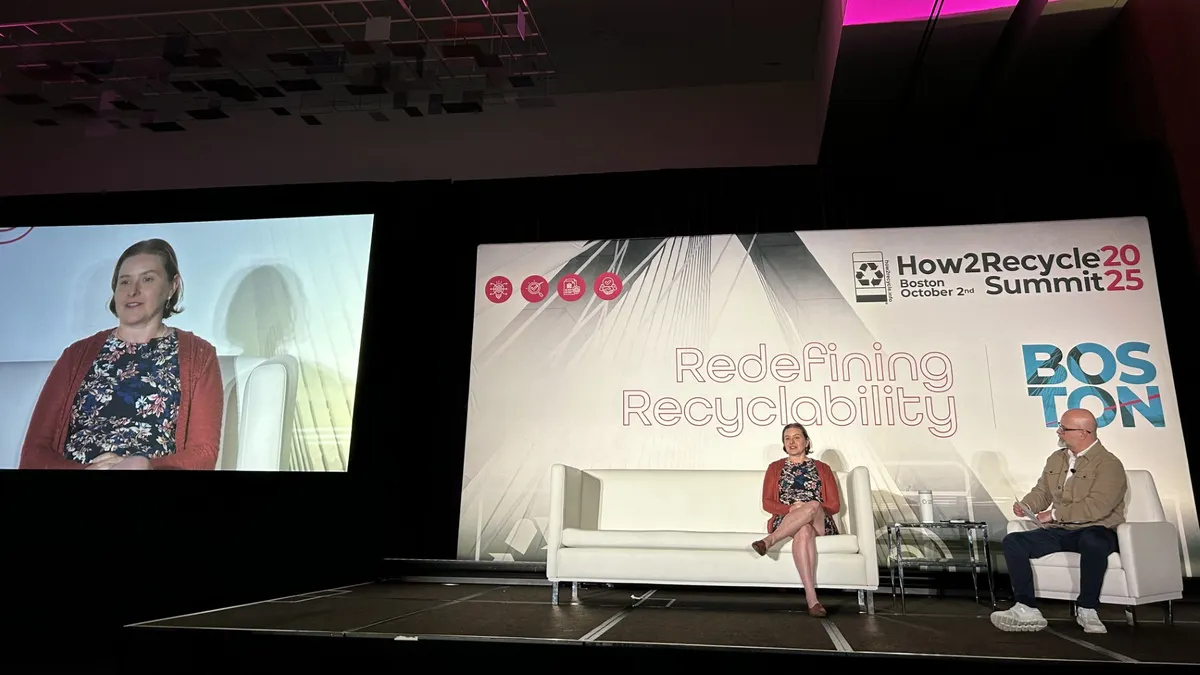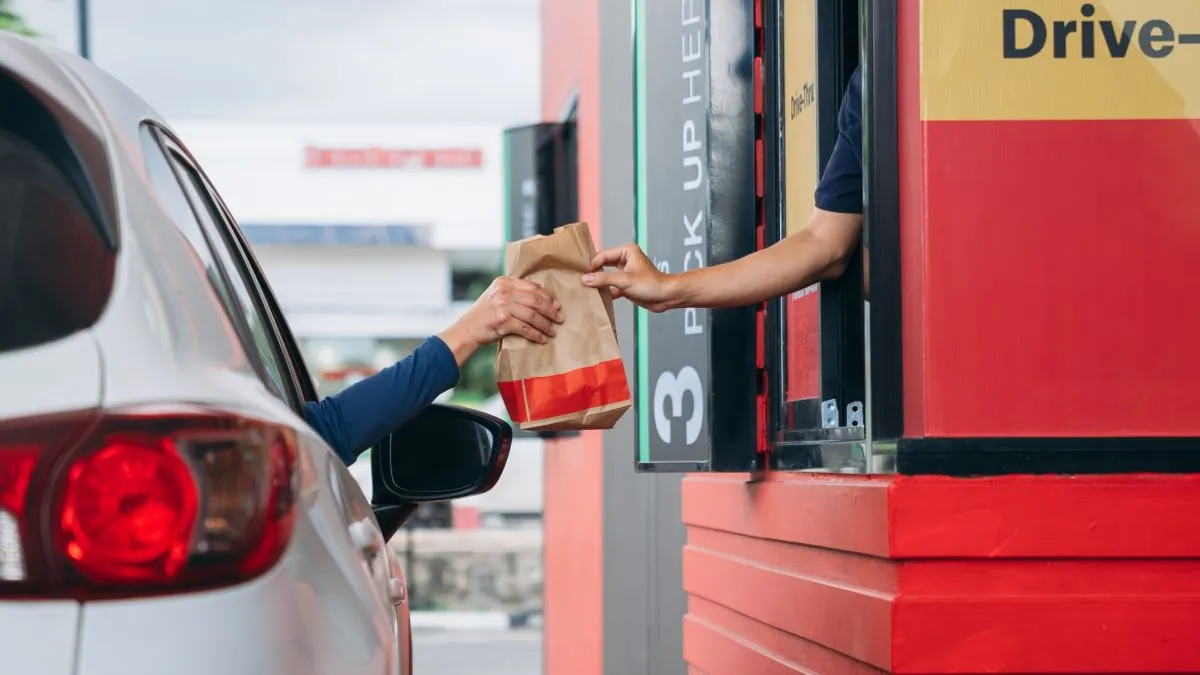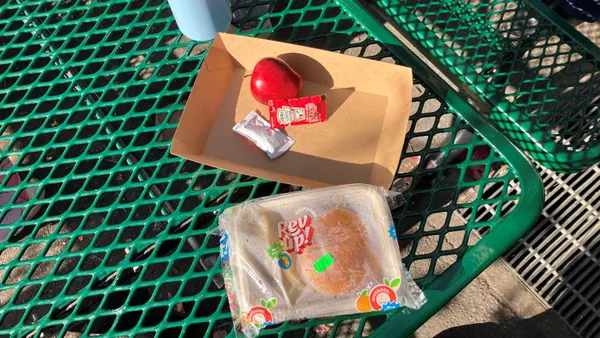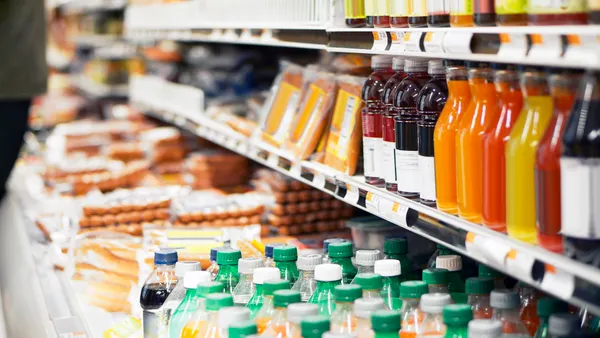Berlin Packaging released its 2024 sustainability report detailing progress toward its greenhouse gas emissions reduction goals that the Science Based Targets initiative validated in June.
In 2024, “we deepened our sustainability strategy while expanding its reach across more regions,” said Balaji Jayaseelan, vice president of sustainability, in the report. Regarding the 2025 SBTi validation, “This milestone underscores our commitment to accountability and transparency as we continue to grow in new markets.”
The SBTi-validated targets are:
- Reduce scope 1 and 2 emissions by 44.8% by 2030, and by 90% by 2050, from a 2022 baseline.
- Reduce scope 3 emissions intensity by 51.6% by 2030, and by 97% by 2050, per U.S. dollar of revenue, from 2022 baseline.
The global packaging supplier achieved 23.3% reduction of scope 1 and 2 emissions in 2024, compared with the 2022 baseline, per the report. That equates to eliminating 2,177 metric tons of CO2, it says.
The company just established the scope 3 emissions baseline last year and therefore did not report progress toward that goal, but it noted that scope 3 emissions account for more than 90% of its total emissions.
Last year, Berlin Packaging “took a significant step forward” by adding reporting for its Europe, Middle East and Africa businesses, along with reporting for operations in the Americas. This “provides a more holistic view of our global environmental impact,” according to the sustainability report.
Innovation will drive sustainability progress, according to the company, including through development of refill systems to reduce packaging waste. The sustainability report highlighted the example of Berlin Packaging’s work on AirLight, a refillable, airless pump system for cosmetics and beauty products. Instead of using the typical glass, this product is made from recycled PET, which the company says is much lighter and easy for consumers to reuse.
Biomaterials also are an innovation focal point. This includes the introduction of Syntara, a proprietary bioplastic. The material is manufactured by putting agricultural byproducts through a microbial fermentation process. It serves as a replacement for fossil-fuel based plastics, according to the report. Syntara also matches the strength and integrity of conventional plastics while being compostable, the report says.


